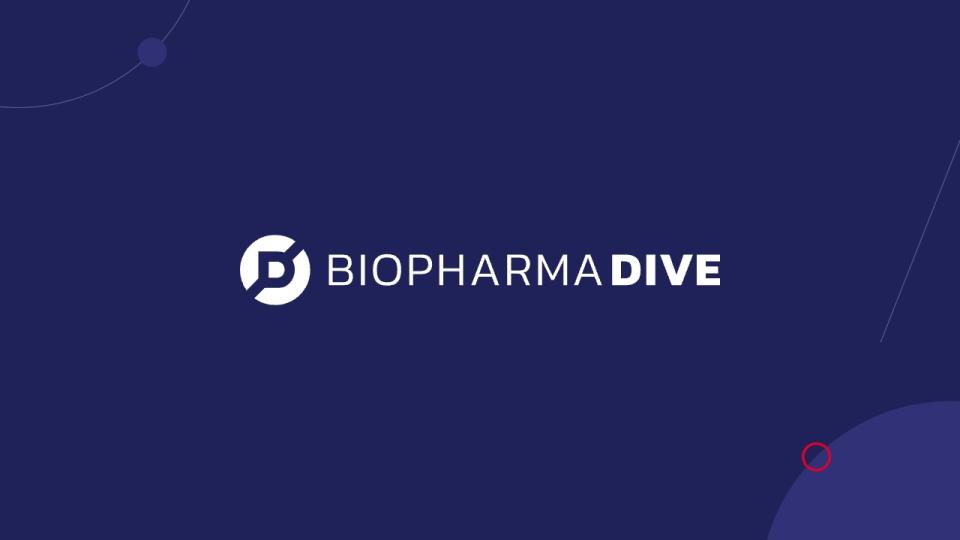Viking stays in obesity drug race with early data for weight loss pill

Dive Brief:
A dual-acting weight loss pill from Viking Therapeutics helped people with obesity lose up to 5% of their body weight over four weeks in a small trial designed to identify a dose for more advanced studies, the company said Tuesday.
The news helped Viking rebound from a stock slump that followed Novo Nordisk’s announcement a similar weight loss pill it’s developing drove double-digit weight loss over three months in a larger, more advanced trial.
One Wall Street analyst noted the Viking drug’s “exceptional tolerability” may separate it from medicines being developed by Novo, Eli Lilly and Amgen. Only a small number of Viking trial participants reported gastrointestinal side effects, a principal problem people have with weight loss drugs like Novo’s Wegovy and Lilly’s Zepbound.
Dive Insight:
Viking’s Phase 1 trial of the pill, dubbed VK2735, enrolled 45 people. Ten were given placebo, while the rest were randomized to receive various drug doses.
Seven people received the highest dose of 40 milligrams and experienced an average 5% weight loss from the mean baseline weight of 90 kilograms. Adjusted against the weight loss reported among the placebo group, the average reduction was 3.3% — a statistically significant result, Viking said.
Participants on a lower 20 milligrams dose had numerically greater weight loss than those on the placebo, but the difference wasn’t statistically significant. People receiving lower doses of 2.5, 5 and 10 milligrams a day lost less weight than in the placebo group.
Among the 40 milligram dose group, 57% lost 5% or more of their body weight, while 25% did in the 20 milligram group. No one on placebo lost 5% or more of their body weight.
“We believe these data indicate that longer treatment duration, at potentially higher doses, may result in additional weight loss,” said Viking CEO Brian Lian, in a statement.
The company plans to begin a Phase 2 trial later this year.
Viking’s drug targets two insulin-stimulating hormones known as GLP-1 and GIP, similar to Lilly’s Zepbound, which targets both, and Novo’s Wegovy, which targets only GLP-1. In February, Viking announced encouraging Phase 2 trial data for an injectable version of VK2735, making it potentially competitive with the Lilly and Novo shots.
Drugmakers are racing to develop an oral weight loss drug that works the same way, however. Lilly and Novo are testing their own versions alongside newcomers like Amgen. Hopes for Viking’s drug have driven its shares up nearly five-fold since Jan. 1, but the news on Novo’s pill earlier this month slowed that surge. Two other companies developing pills for obesity, Pfizer and biotech Structure Therapeutics, have hit clinical setbacks in recent months as well.
Tuesday’s data revived Viking’s stock momentum, with shares climbing nearly 25% in morning trading. Analysts have suggested a takeover by a larger company could be possible, because there are few biotechs with promising obesity drugs in mid-stage clinical testing. Viking’s market capitalization is just under $10 billion.
In a note to clients, Leerink Partners analyst Thomas Smith said the data reveal an “attractive balance of efficacy/tolerability that compares favorably across the oral competitive landscape.”
This story was originally published on BioPharma Dive. To receive daily news and insights, subscribe to our free daily BioPharma Dive newsletter.
